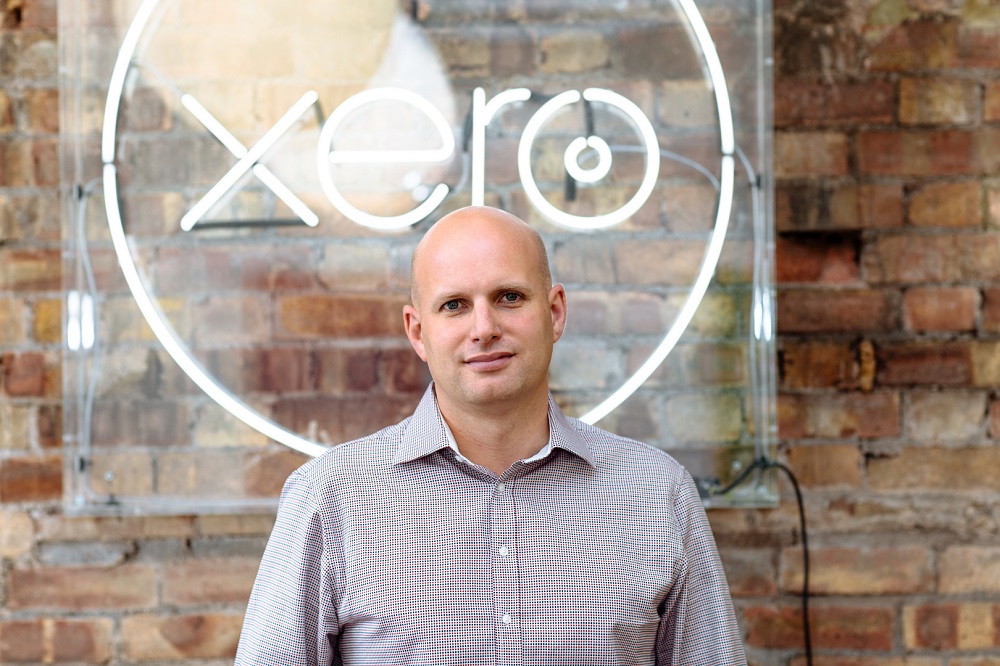Economic volatility has an impact on all businesses – regardless of size and sector. But for startups trying to juggle a range of unknowns, a fluctuating economic climate adds a unwanted layer of uncertainty which can prove difficult to prepare for. In this guest post, Darren Upson, director of small business for the Europe, the Middle East and Africa (EMEA) region at Xero, gives his top three tips on how South African entrepreneurs can deal with the challenges posed by an unstable economy.
To put it mildly, the past year hasn’t been easy for the entrepreneurs of South Africa. Indeed, Xero’s 2017 State of SA Small Business Report found that 68 per cent of businesses view economic instability as their biggest challenge, and 35 per cent are concerned about cash flow as a result.
As part of this report, businesses also demonstrated a frustration with the government’s efforts to harness growth amongst the small business community. A staggering 89 per cent consider the Department of Small Business Development no help at all. Elsewhere, 48 per cent of entrepreneurs would like to see more funding, 44 per cent less red tape, 43 per cent would like more tax break priorities, and 36 per cent want more finance options readily available.
The state of affairs isn’t going to change overnight, so if you are one of South Africa’s small business owners, here’s what you can do to navigate these choppy waters:
- Be flexible
Businesses aren’t always ready for what’s around the corner, whether good or bad. That doesn’t mean they can’t adapt to it. If you can demonstrate flexibility and a willingness to evolve alongside a changing market, you will benefit in the long run.
Economic turmoil provides an opportunity to re-evaluate exactly what you’re giving to your customers in exchange for their money. Think about how it’s affecting their spending decisions, and how you can become indispensable to them. Where could more investment yield significant returns? Where might lowering prices improve your margins? What customisations can you offer?
- Provide a superior service
Big businesses compete on price; small businesses compete on value. You can’t undercut a corporation, but you can provide a better service – and in a tough economic environment, you can’t put a price on loyalty.
Offer a uniformly positive customer experience and you’ll remain their first choice. Relationships matter to small businesses: with great service, yours too will stay in great shape.
- Use the latest technologies
Technology naturally requires some investment, but if acquired strategically, it will definitely pay off in the long run. Cloud accounting software, for example, can offer great insight into the health of your company finances. Understanding how funds are allocated can be a huge help when working out what technology to use. It also saves time, optimises your processes, streamlines time-consuming data entry and invoice-chasing tasks, and prevents you from wasting money. The result is a leaner and more competitive business.
In 2017, South Africa’s business environment is harsh, but habitable. Take the right steps, and be aware of the world around you. Every company is different, and while there’s no one-size-fits-all solution, seize the opportunity to innovate and prosper in these tumultuous economic times.


